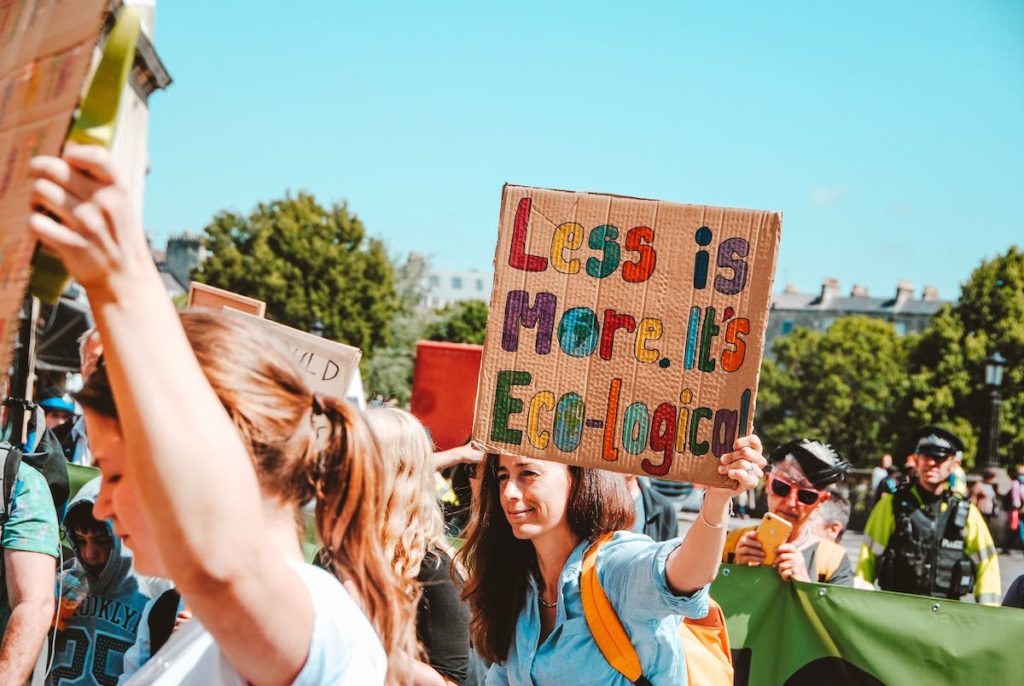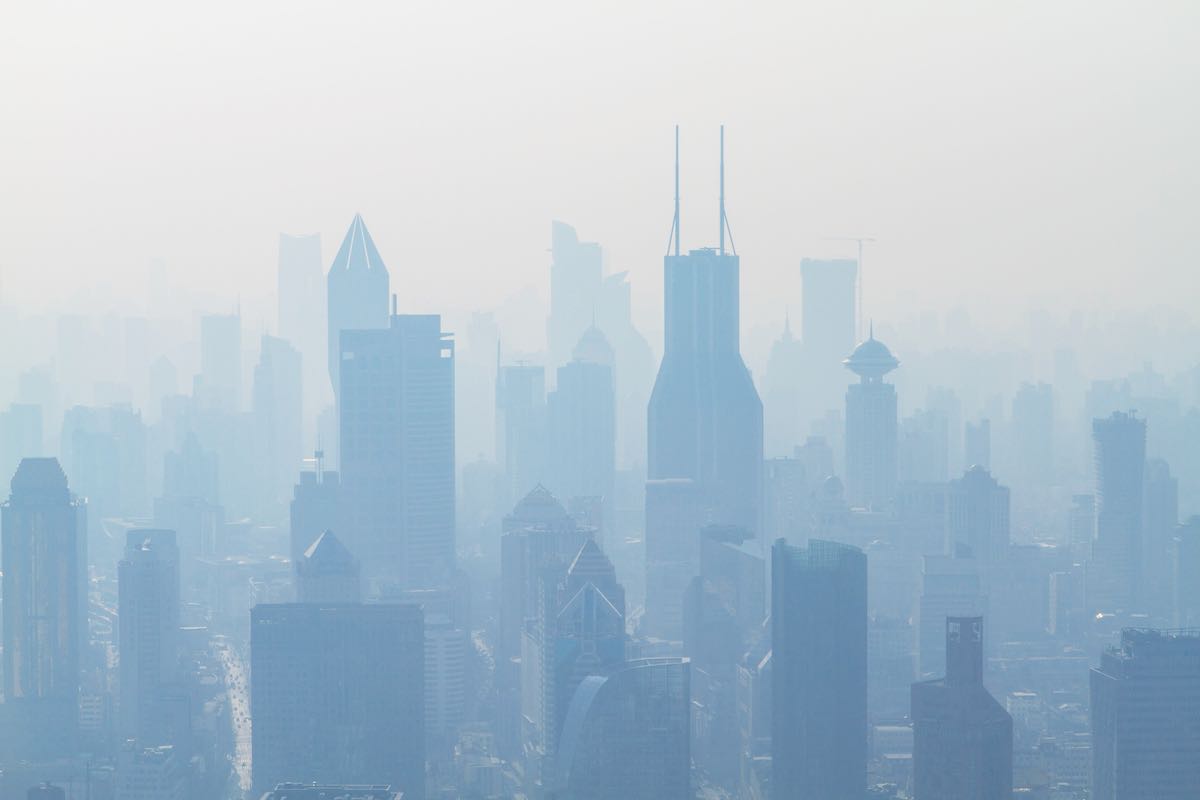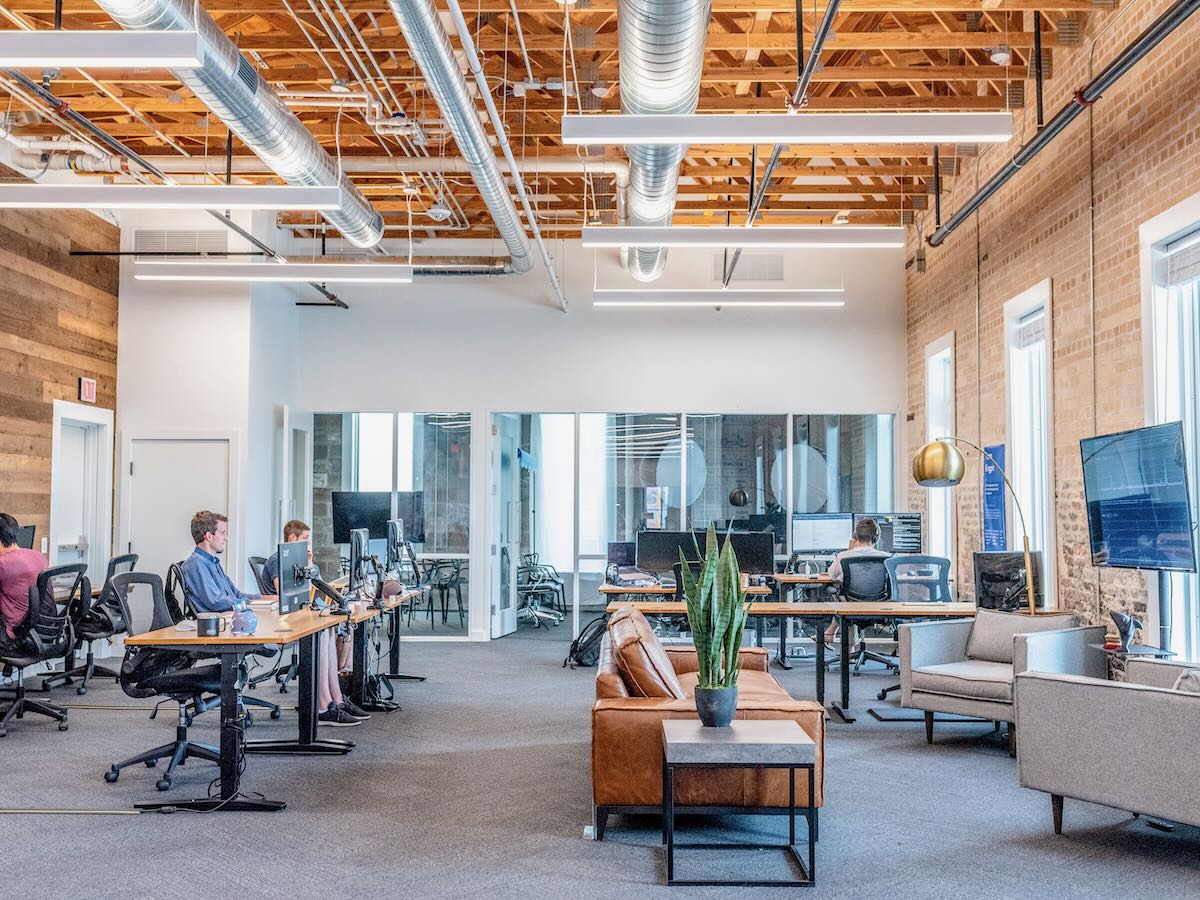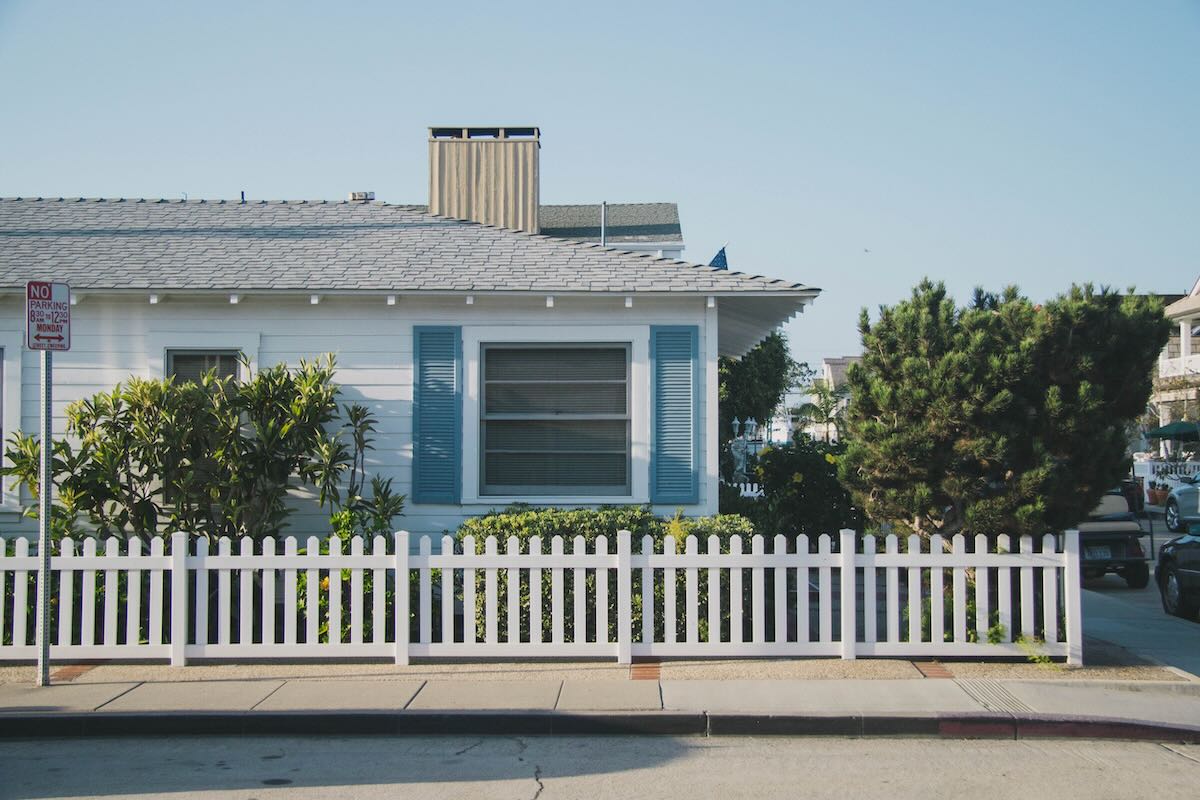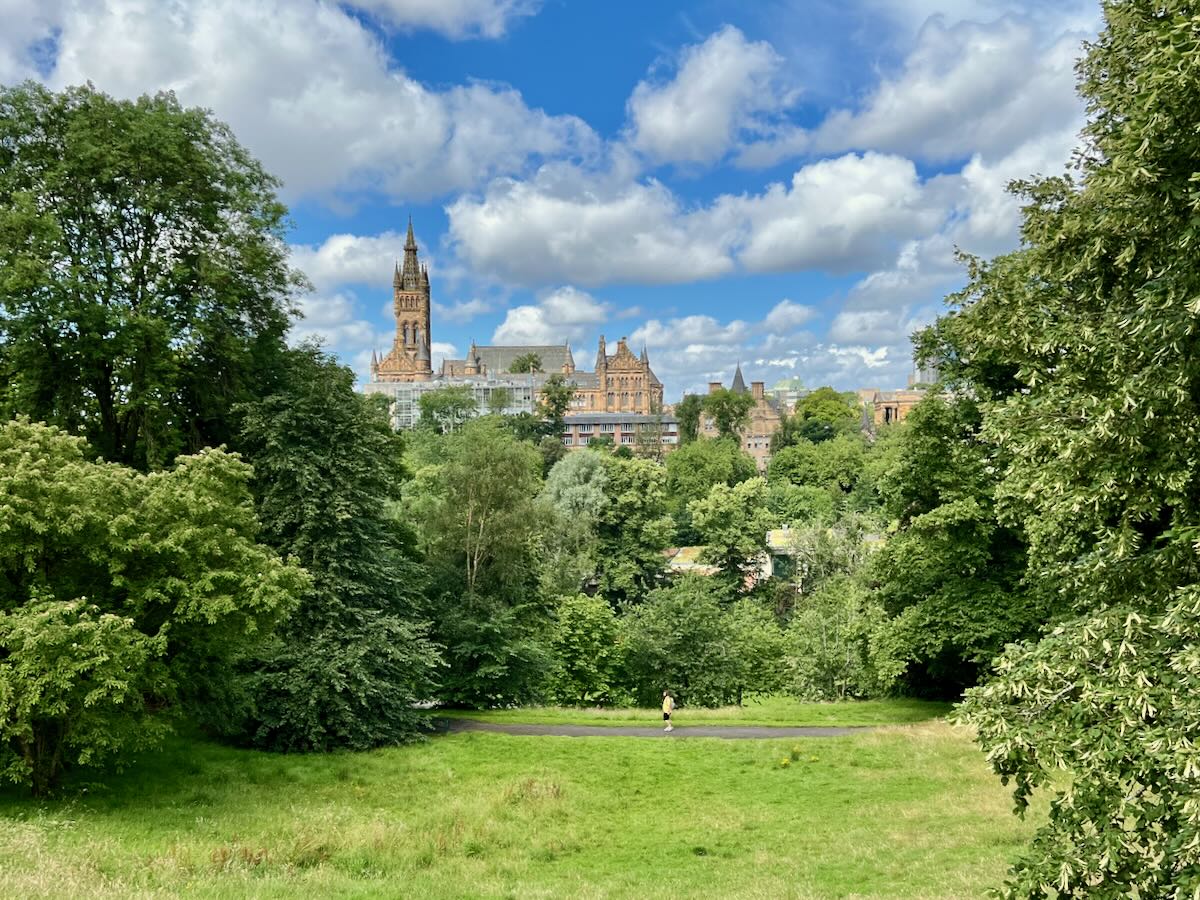It’s the environment, stupid! Issue 53

I have been struggling a bit since writing issue 52 that dealt with prejudice, hate, and discrimination. I just have too many interests. So, I am finding it difficult to focus on one of them. I have wanted to get back to writing about the kind of city that I would enjoy. However, I have hit pause to read through the articles for perspective. Also, I have neglected the “Things I Like” series and these pieces are fun to write.
It is just too hot!

However, when I thought about some of the more recent articles and newsletters on my reading list such as:
- The Economist: The Climate Issue: The silent killers of climate change
- Barry McKibben of the New Yorker: Its Not the Heat, its the Humans
- The Alternative UK: Ticking towards climate midnight: we may have breached six of nine planetary boundaries. The leaked IPCC report will stiffen your spine
- And Lytton, BC has burnt to the ground after setting records for Canadian all-time high temperatures at near 50c or 122 Fahrenheit. These temperatures exceed the Las Vegas’ all time highs, which is not a good thing.
So, it’s the environment, stupid!
Cars
There is a link, of course, to my writings about cities. I live in a Montreal suburb. Six houses, twenty people, and seventeen cars reside on my little stretch of street. If you take our household out of that formula, five homes, eighteen people, sixteen cars. In what world does that make any sense?
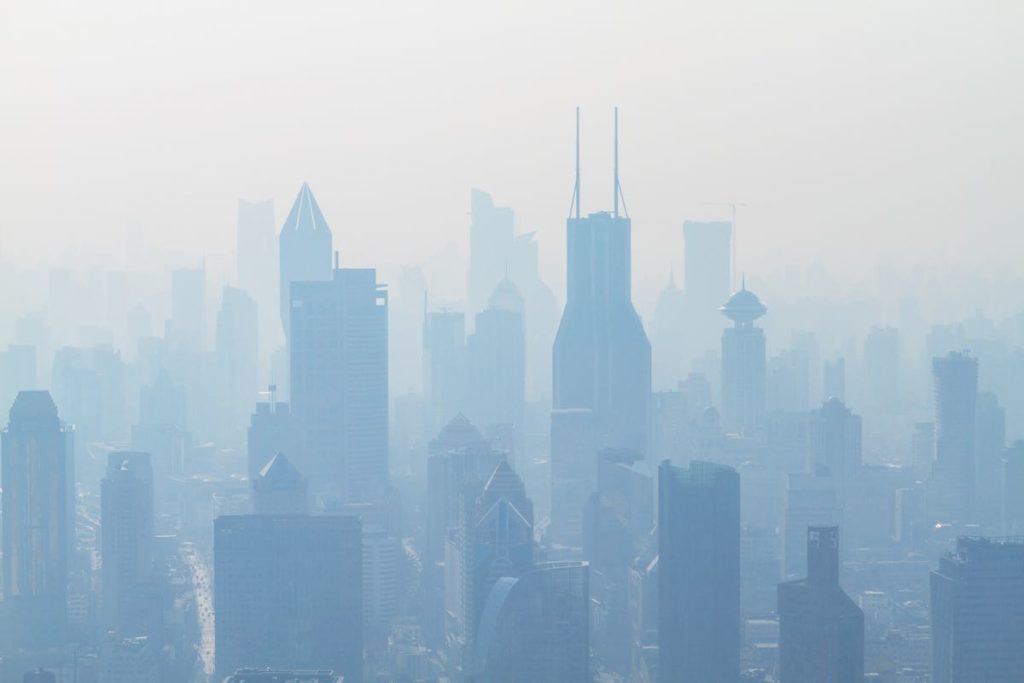
But since I have spent and will spend more than a little time rattling on about cars, people and cities in my city series, I will turn my focus elsewhere.
Plastics
How frustrated are you with the amount of plastic that results from almost any shopping trip? It drives me to despair. I keep looking for alternatives. We have our own shopping bags plus string bags for fruits and vegetables. We pick bulk alternatives whenever possible but still we generate piles of plastic. It is dutifully placed in the recycling but how much is really recycled. I wonder.
E-Commerce
A quiet street, a quiet neighbourhood now interrupted multiple times a day by FedEx, UPS, DHL, Amazon contractors, and the postal service. Noisy, exhaust exhaling trucks left to idle while packages get delivered to doors.
We then unpack the delivery. Often, there is one cardboard box inside another. Plastic bags, styrofoam popcorn, and hard plastic containers take up the rest of the space in the recycling bin.
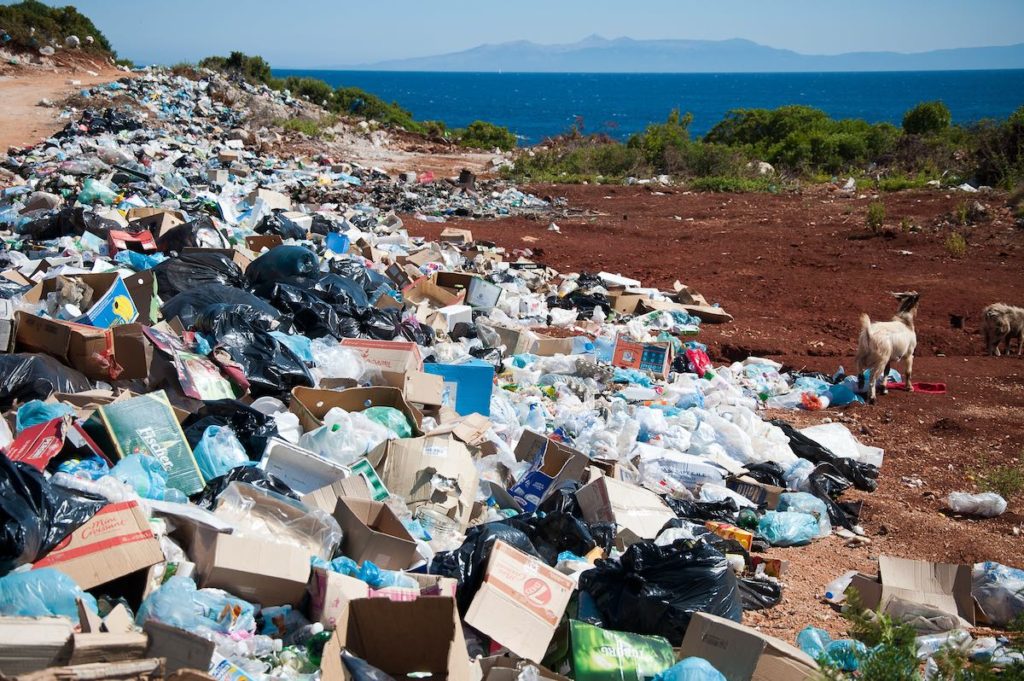
Fast Fashion
Western society has an addiction to cheap, fashionable garments. The scientific data indicates that the textile industry is the world’s second worst polluter, just behind the petrochemical industry. For the financial year ending March 2018, Burberry burnt US$38 million worth of merchandise. H&M had US$4.3 billion of surplus merchandise in the same year.
I often wonder how often Greta Thunberg’s young acolytes think about the impact of fast fashion during their weekly visit to the mall.
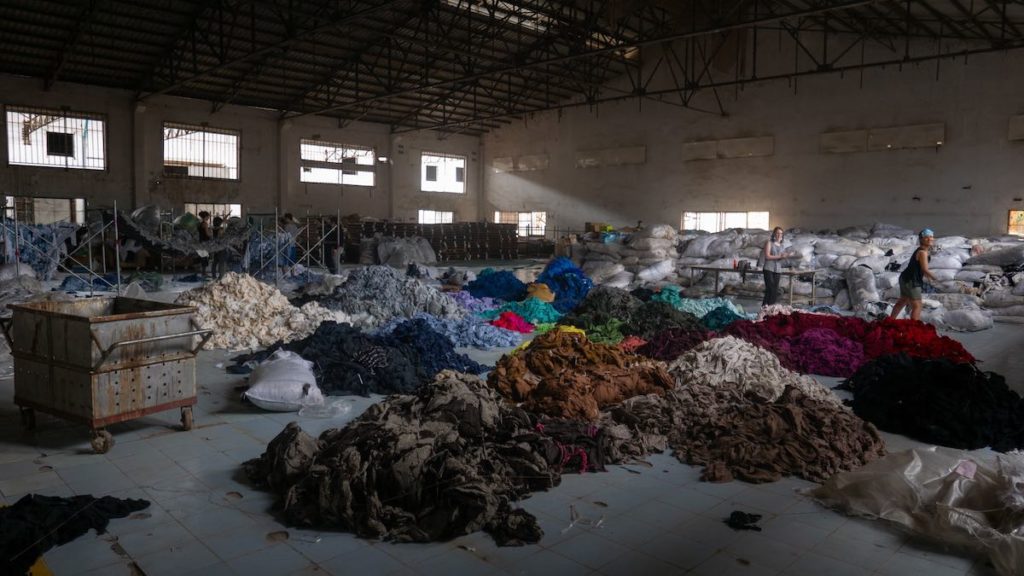
And what about cotton?
I can’t leave the fashion section without a little bit about cotton. Many consumers still think that cotton is virtuous. It can be, if it could be determined where it is grown. Egypt has grown cotton for centuries on land irrigated by the naturally occurring Nile delta floods. Sea Island cotton is grown in naturally conducive conditions.
Pima cotton from Arizona is not. It grows by siphoning off billions of gallons of water from the Colorado River. The “Stans” have drained the Aral sea to grow cotton. How many pairs of chinos or jeans do we need? How many shirts or t-shirts?
No time for self-righteousness
This is where I would normally launch into more self- righteous rhetoric. However, I have just read an excerpt from Sahra Wagenknecht’s book, The Self-Righteous. A quick synopsis:
- That despite a consensus that the planet is suffocating in waste, the climate is getting hotter, and more species are becoming extinct, the climate debate triggers anger
- This because many feel that a necessary discussion on saving the environment should not be a debate about lifestyle.
- Political maneuvering to modify demand through carbon taxes, higher meat prices, airplane surcharges, et cetera multiplies negative reaction.
Fix the supply side
She suggests that it is the supply side of the equation that needs modification:
- Measures to make economies more regional, less polluting, and resource efficient
- Legislation that causes manufacturers to offer extended warranties to ensure that products last and can be repaired. At the same time, legislate less packaging.
- Rather than focus on “all-electric cars”, limit automobile engine sizes to lets say 1.5 litres and impose stricter emission regulations.
- Incentivize technological solutions to make production and supply better for the environment and the climate.
Reminders:
Okay, so the reminders are a little self-righteous but they don’t cost anything. In fact, they save you money::
- Buy better – buy less
- Repair
- Re-Use
- Re-Purpose
- Re-Wear
….. and only then
- Re-Cycle
